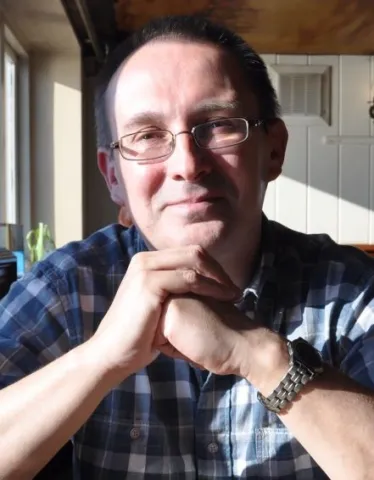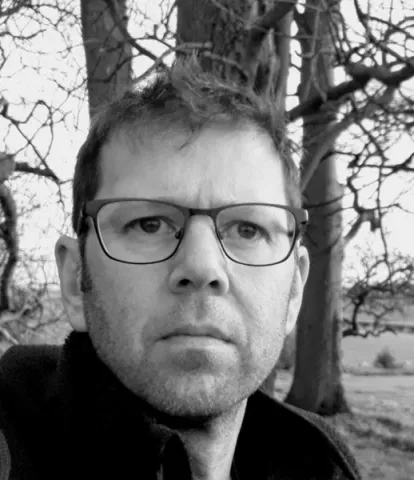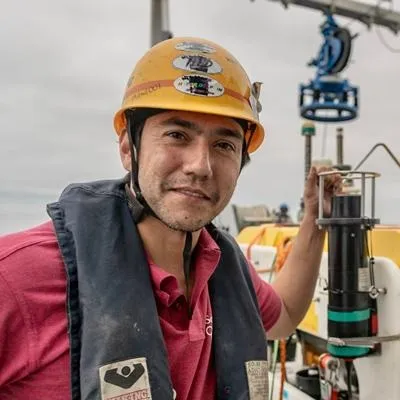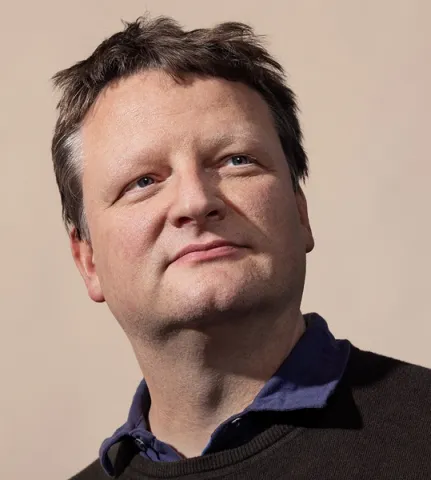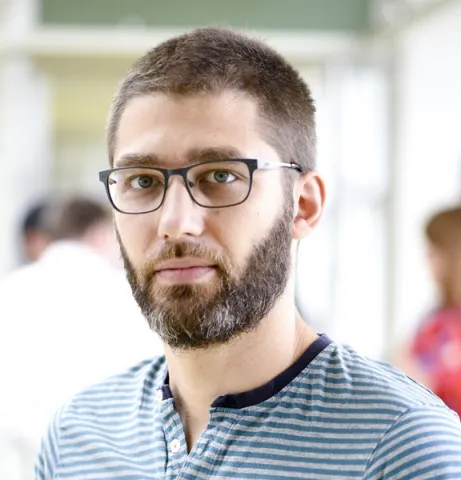Staff
Lead researchers
Other researchers
Collaborating research institutes, centres and groups
Research outputs
Nikolaos Aspiotis, Katrina Morgan, Benjamin März, Knut Müller-Caspary, Martin Ebert, Edwin Weatherby, Mark Light, Kevin Chung-Che Huang, Daniel W. Hewak, Sayani Majumdar & Ioannis Zeimpekis,
2023, npj 2D Mater Appl, 7
Type: article

